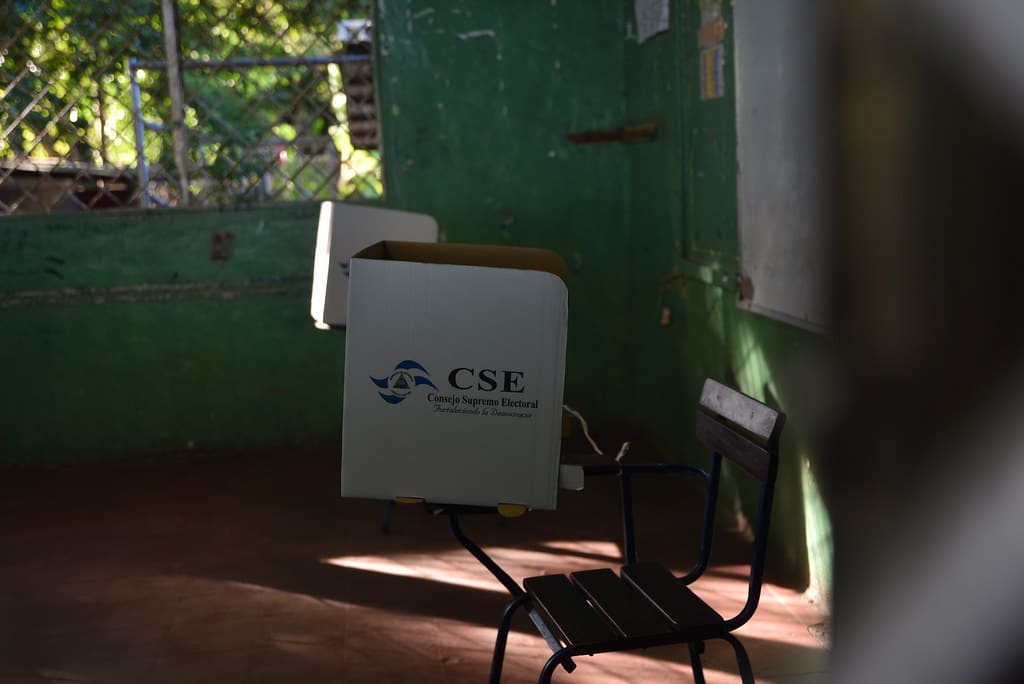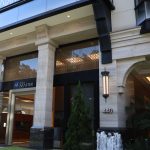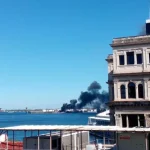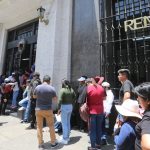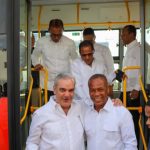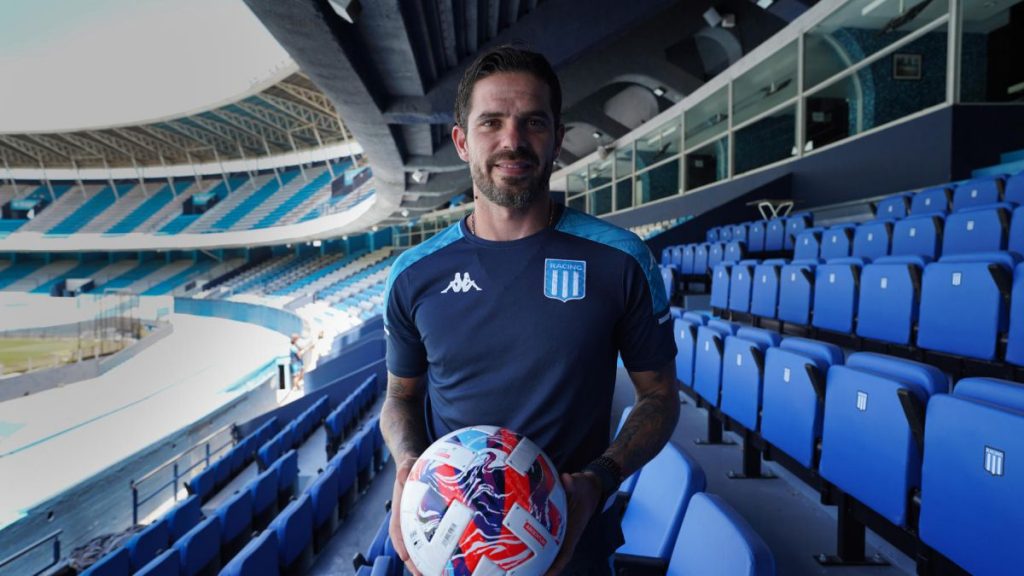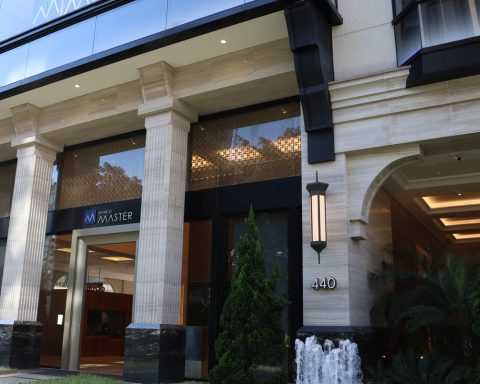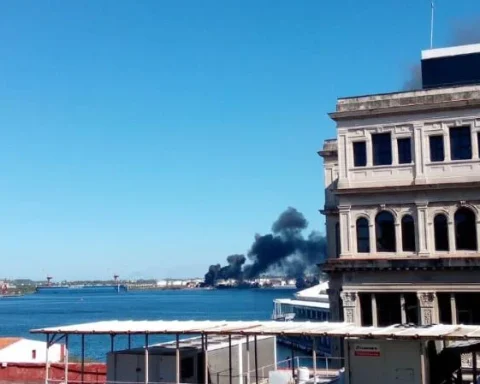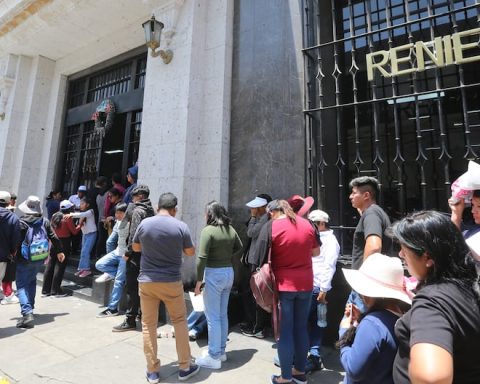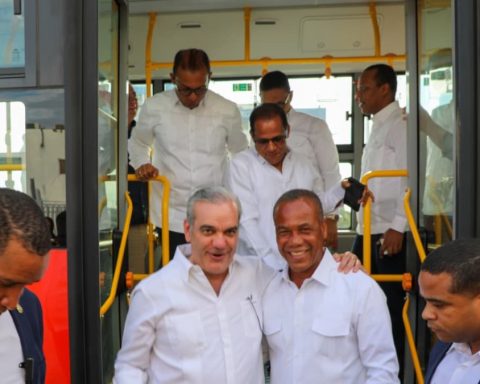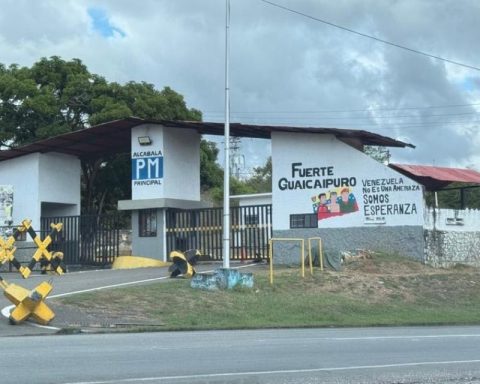Months before the November 7 voting, in NicaraguaIt was already known that Daniel Ortega would be proclaimed for a fourth consecutive presidential term. Ortega was in charge of clearing his path by eliminating opposition vehicles and imprisoning seven presidential candidates to annul their competition. “The fraud was proven in advance,” say members of a citizen network of 1,450 volunteer observers, coordinated by the Urnas Abiertas organization, which set out to document “the response of the population” in a day controlled by the ruling Sandinista National Liberation Front. (FSLN).
The network of observers was woven in Nicaragua from exile and their level of organization was so precise that they were barely noticed by the regime operators who guarded the Voting Centers. “We made very small groups, from six to nine people, very compartmentalized groups, and as a security measure we assigned them codes and everyone lost their name,” says Ivania Álvarez, territorial coordinator of the Urnas Abiertas Citizen Observatory.
The sample of Voting Centers (CV) observed was 563, out of 3106 CVs authorized by the Supreme Electoral Council (CSE). TOSome observers managed to enter, others watched from outside and others only transmitted the information for the three reports of the day presented by Urnas Abiertas, which on November 21 presented their final report. Based on their reports, the citizen observatory calculated an 81.5% abstention, in addition to the coercion of state workers and their families to vote, the surveillance of paramilitaries, police and FSLN sympathizers and the political violence carried out by the Ortega members.
The organization was based on “networks that already existed” in the country, but which were intended to “monitor the siege of opponents,” explains Álvarez. However, 45 days before the vote, “people did not know exactly what we were organizing ourselves for,” since the network “had to be very, very low-key” so as not to attract the attention of the regime, which on the eve of 7N arrested more than a dozen citizens.
CONFIDENTIAL He spoke with some of these volunteers who were first-rate observers in a vote marked by the apathy of the population and the political persecution of Ortega. Their names were replaced by pseudonyms, to prevent them from being besieged and arrested.
“Arturo”: The Voting Center “was empty”
On the day of the voting, “Arturo” got up early, got ready in a hurry and, even without breakfast, left his house to meet four other people. “We had to visually document” what was happening at the Voting Centers, so “we decided to do some tours,” he explains. They first visited a CV located in a rural area of Managua and then another in the urban area. Places to which hours later other of his companions returned.
Photo: Confidencial | Nayira Valenzuela
“We realized that the center was empty”, warns “Arturo”. This situation surprised him quite a bit because historically “here in our constituency people tend to attend the Voting Centers in the morning, before the sun is hot,” he says. But “we saw that there were only police, military, civilians from the ruling party,” he adds.
“Arturo” is a resident of the area where he had to observe, so his presence at the Voting Center went unnoticed by the regime operators who guarded the place. However, he did not manage to enter until the Voting Reception Boards (JRV) because at the entrance of the place there was a group of people verifying on computers the CV that corresponded to each voter.
The group of observers to which “Arturo” belonged, also registered the complaint of a university student who was “forced” to vote for her father. The 17-year-old told observers that her father “is a Sandinista militant, so she had to go vote.” At the scene, the student took pictures of the ballot marked with a null vote.
Although “Arturo” finished his turn of observation in situ At 9:00 in the morning, he was active throughout the day. In the afternoon, he observed more police presence on the perimeter of the Voting Center and supported by removing one of his colleagues who was besieged by two civilians.
“Amazona”: In half an hour “only three people came to vote”
“Amazona” is an inhabitant of the Nueva Segovia department, in northern Nicaragua. In that place he worked together with five other observers in the shift from 11 in the morning to 1 in the afternoon. She relates that when she got ready to enter the Voting Center that she was responsible for monitoring, they did not let her pass the door, since the group that “were seeing the location” of the CVs told her that it was not her responsibility to vote there and, she warns, “ in the villages all the people know each other ”.
Determined to fulfill her objective, “Amazona” stayed a few minutes in the place and took advantage of an oversight to enter. However, a short time later a man intercepted her and indicated the Voting Center where she should go. “I made the attempt to go up and he said no, that only voters or people who were authorized to be inside could do it.” But “in the half hour that I was near the center, only three people came to vote,” he adds.
Around noon, “Amazona” also verified that the vans of the Mayor’s Office were being used to distribute food to the people who were in the Voting Centers, the majority of whom were militants of the Sandinista Front. Later, his colleagues found that those same vehicles were moving voters.

The dragging of voters at the end of the afternoon was “evident”, since that day “the streets were desolate,” says “Amazona.” In this place in the north of Nicaragua “there was a great silence.”
“Liberator”: They entered as one more voter
“Liberator” is an experienced electoral observer. He observed in the voting in 2011 and also in 2016, although on that occasion he was left outside a computer center. Now in 2021, he was in charge of a small group of volunteer observers with whom he observed in situ what was happening at the Voting Centers that it was responsible for monitoring.
In the CV they visited, they counted the people who were in the lines and some of them entered “as one more voter,” explains “Liberator.” Inside the center “they smoked a cigarette to see and talk” for a while. “They did a counterintelligence job,” he values.
However, it regrets that they were unable to take photographs inside the CVs due to an express ban by the Supreme Electoral Council (CSE). So, they had to memorize the information and once they were out of the CV radius they proceeded to send it to the Urnas Abiertas coordinators.
During the day, we also “observed a lot of presence of police and vehicles of the municipality carrying people from the most remote areas,” says “Liberator.”
